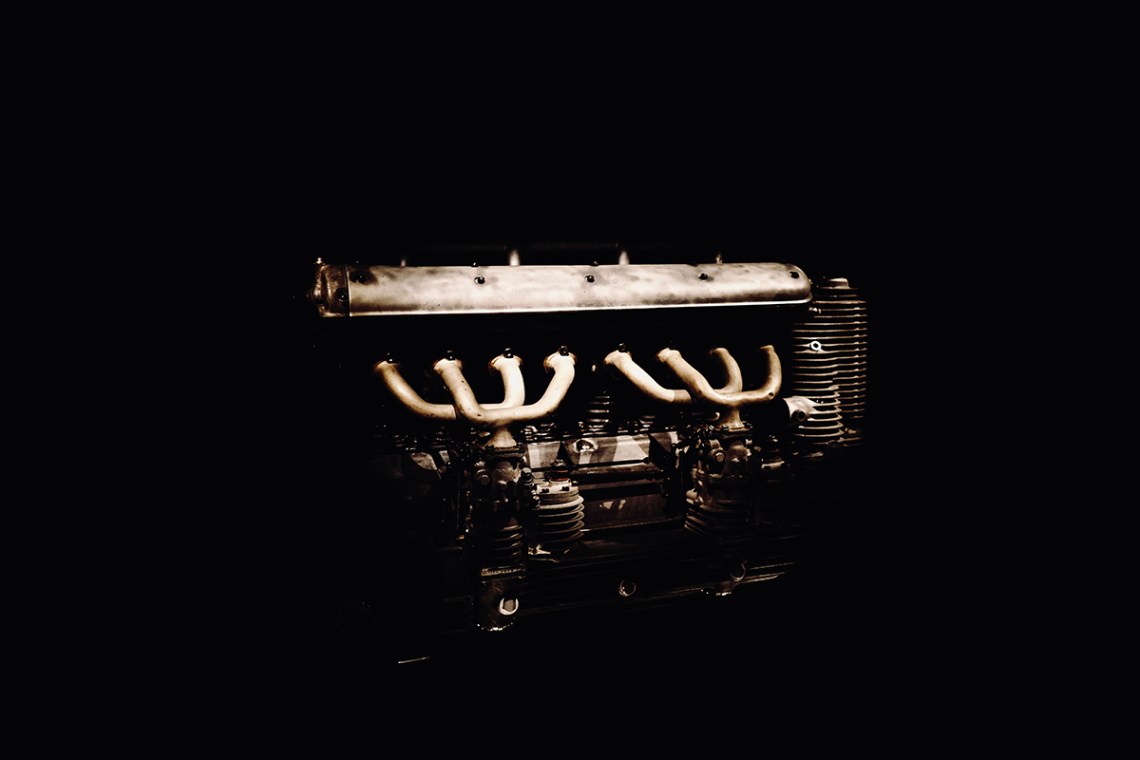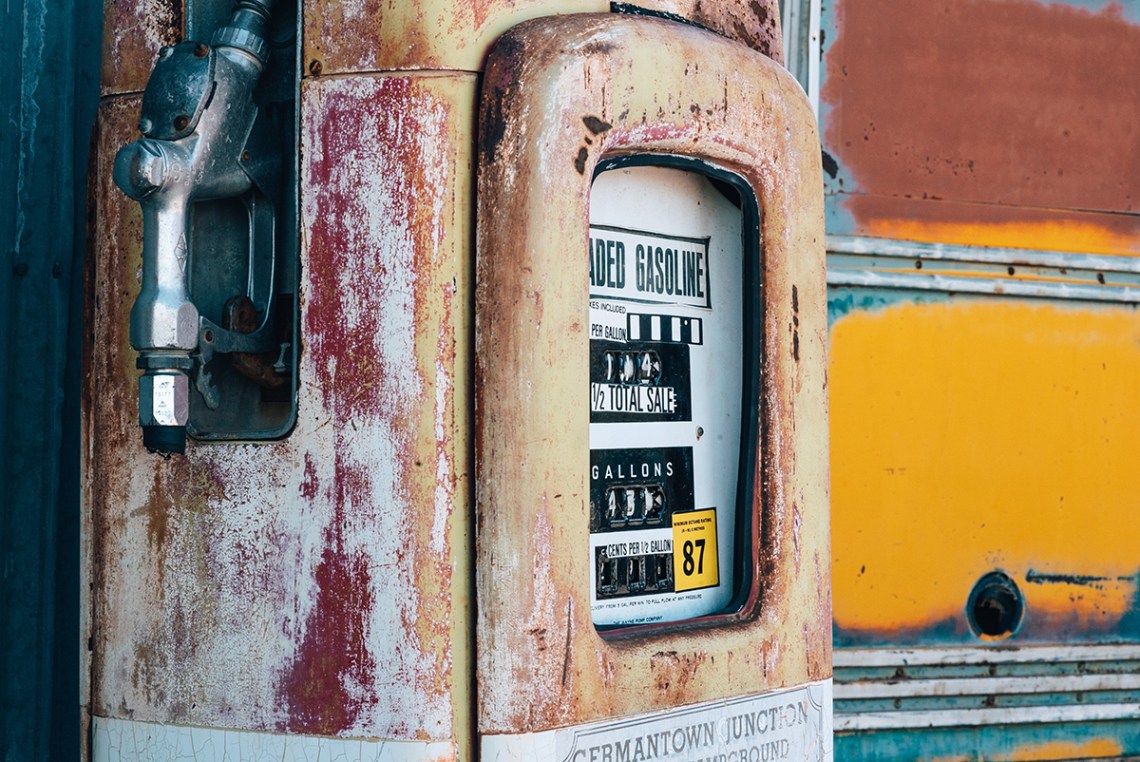Car Performance
-
What is the Difference Between Horsepower and Torque?
Horsepower and torque are two important measurements that describe the performance of an engine. While both are related to the power output of an engine, they represent different things. Horsepower (hp) is a measurement of the rate at which work is done, or the rate at which energy is transferred. It is typically used to describe the power output of an engine. In the context of an engine, horsepower is a measure of how quickly the engine can do work, such as turning the wheels of a car or propelling a boat through water. Horsepower is calculated based on the amount of torque produced by the engine and the engine’s…
-
What is the Difference Between a Diesel Engine and a Gas Engine?
Diesel engines and gasoline engines are both types of internal combustion engines used in many methods of transportation, but they differ in several significant ways. Overall, diesel engines are better suited for heavy-duty applications such as hauling, towing, and long-distance transportation, while gasoline engines are more commonly used in passenger vehicles and smaller applications where fuel efficiency is less of a concern.
-
What is the Difference Between the Different Octane Fuels?
The octane rating of a fuel is a measure of its ability to resist “knocking” or “pinging” during combustion, caused by the air-fuel mixture detonating prematurely in the engine. The higher the octane rating, the more resistant the fuel is to knocking. There are typically three octane ratings available for gasoline at most fuel stations: Using higher-octane gasoline than your car requires doesn’t provide any additional benefit to your engine or fuel efficiency. However, using lower-octane gasoline than recommended can cause engine knocking, decrease fuel efficiency, and potentially damage the engine over time. Elevation can affect your octane needs. At higher elevations, the air is less dense, and there is…




